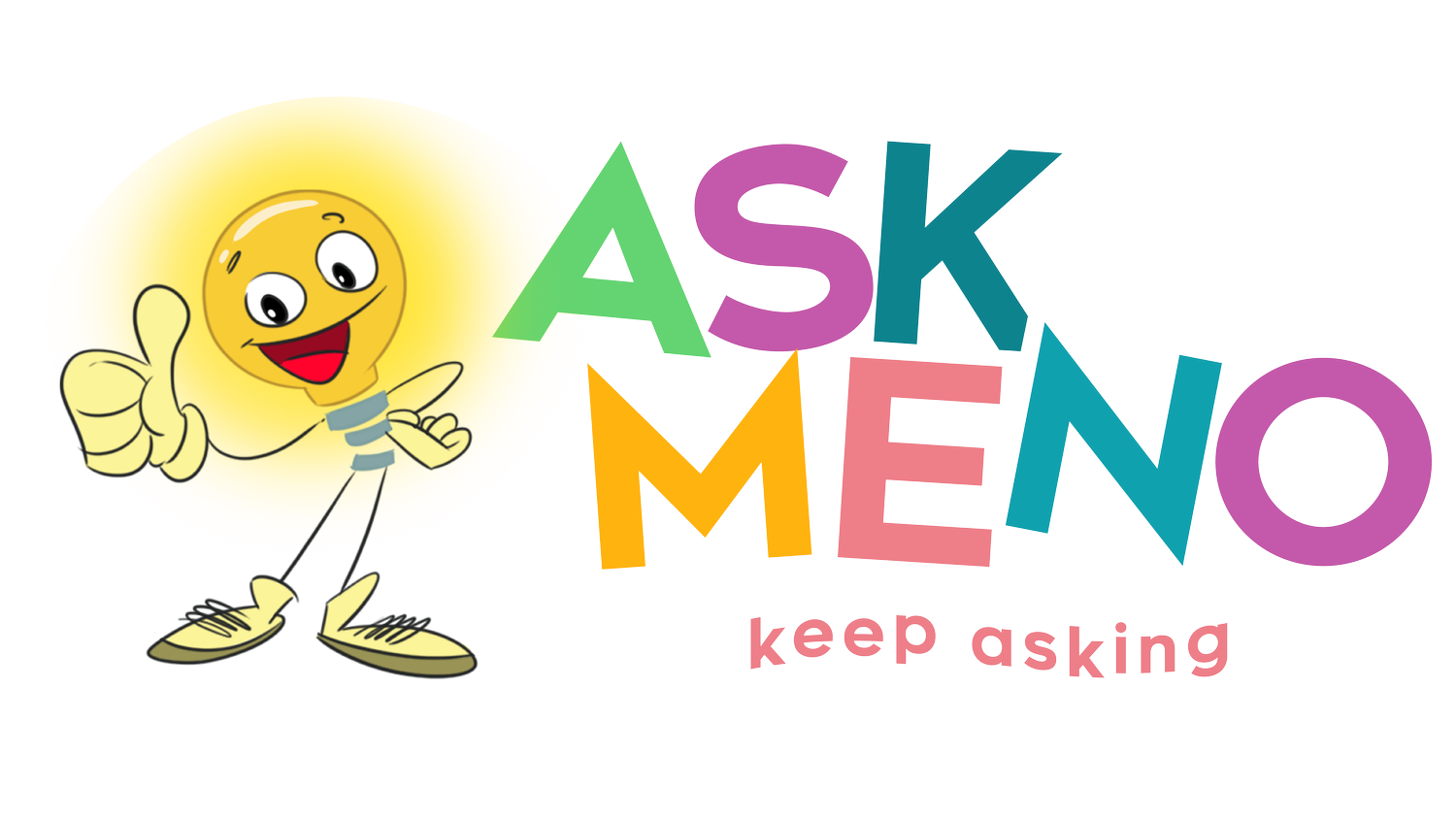The Role of Self-Regulation in Reading
It's no secret that students with higher levels of self-regulation perform better at academics in general. But there are also specific correlations between self-regulation and reading outcomes.
In a recent article for Early Childhood Research Quarterly, the authors open by stating that "previous research has established that higher levels of behavioral self-regulation are associated with higher levels of language and literacy²."
In a 2020 meta-analysis, students who exhibited greater levels of self-regulation saw greater achievement in language, literacy, behavior, and mental health. Conversely, poor self-regulation led to higher aggression, depression, and obesity by the time students reached their teenage years¹.
Self-Regulation Strategies
Because of the correlation between self-regulation and literacy proficiency, it's important that leaders at the school and district level are informed about both the pedagogical methods for fostering these skills and the science behind them.
Intervention and instruction in these areas cannot be overemphasized. The earlier the instruction and intervention, the more impactful the results. A sure way to see improvement is to be intentional about incorporating classroom strategies that target both oral language and self-regulation: things like whole-class problem solving, practicing transitions, role playing coping skills, and turn-taking games.
Because of the enduring and interconnected nature of self-regulation and children’s language and literacy development, identifying strategies to teach them together can be a powerful academic accelerator.
Sources:
1 Robson, D. A. et al. "Self-Regulation in Childhood as a Predictor of Future Outcomes: A Meta-Analytic Review," Psychological Bulletin 146(4), 324–354. https://doi.org/10.1037/bul0000227
2 Skibbe L.E. et al. "Self-Regulation and the Development of Literacy and Language Achievement from Preschool through Second Grade," Early Child Research Quarterly 46, 240–251. https://doi.org/10.1016/j.ecresq.2018.02.005
About AskMeno
AskMeno is dedicated to helping early childhood leaders build the foundational oral language and social skills necessary for their young scholars’ reading comprehension and emotional wellbeing. AskMeno provides a play-based, teacher-facilitated supplemental curriculum that systematically and explicitly develops oral language and social skills through scaffolded, fun, and engaging learning activities.



